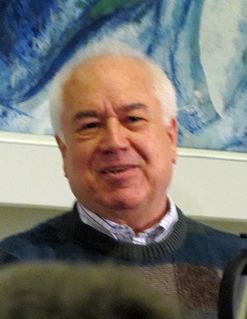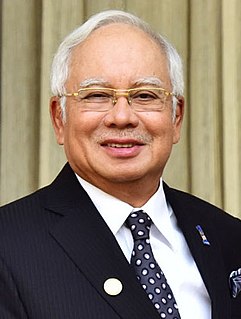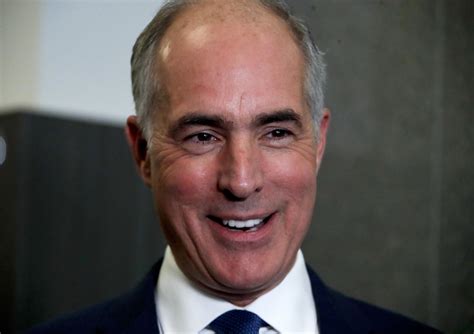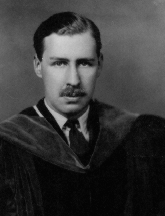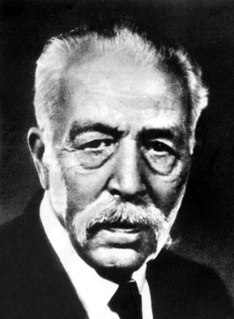A Quote by Dennis Prager
For the Left, tolerance does not mean tolerance. It means first, acceptance. And second, celebration. That is totalitarianism: You not only have to live with what you may differ with, dear citizen, you have to celebrate it or pay a steep price.
Related Quotes
No one can learn tolerance in a climate of irresponsibility, which does not produce democracy. The act of tolerating requires a climate in which limits may be established, in which there are principles to be respected. That is why tolerance is not coexistence with the intolerable. Under an authoritarian regime, in which authority is abused, or a permissive one, in which freedom is not limited, one can hardly learn tolerance. Tolerance requires respect, discipline, and ethics.
To be able to celebrate life is religion. In that very celebration you come close to God. If one is able to celebrate, God is not far away; if one is not able to celebrate life, then God does not exist for him. God appears only in deep celebration, when you are so full of joy that all misery has left you, all darkness has left you.
Unlimited tolerance must lead to the disappearance of tolerance. If we extend unlimited tolerance even to those who are intolerant, if we are not prepared to defend a tolerant society, then the tolerant will be destroyed, and tolerance with them. We should therefore claim, in the name of tolerance, the right not to tolerate the intolerant.
Tolerance obviously requires a non-contentious manner of relating toward one another’s differences. But tolerance does not require abandoning one’s standards or one’s opinions on political or public policy choices. Tolerance is a way of reacting to diversity, not a command to insulate it from examination.
To me, life in its totality is good. And when you understand life in its totality, only then can you celebrate; otherwise not. Celebration means: whatsoever happens is irrelevant - I celebrate. Celebration is not conditional on certain things: 'When I am happy then I will celebrate,' or, 'When I am unhappy I will not celebrate.' No. Celebration is unconditional; I celebrate life. It brings unhappiness - good, I celebrate it. It brings happiness - good, I celebrate it. Celebration is my attitude, unconditional to what life brings.
What I'm trying to do is get a change in the mindset so people move from a level of mere tolerance to total acceptance and eventually to celebrate diversity. If you feel comfortable with one another, it doesn't matter whether we live in which neighbourhood but we can interact with one another freely. It's a mindset.
Tolerance is a good cornerstone on which to build human relationships. When one views the slaughter and suffering caused by religious intolerance throughout all the history of man and into modern times, one can see that intolerance is a very nonsurvival activity. Religious tolerance does not mean one cannot express his own beliefs. It does mean that seeking to undermine or attack the religious faith and beliefs of another has always been a short road to trouble .
Tolerance can be exercised only by those who have well-grounded convictions (although it will not always be exercised even by them). For such people tolerance is an act of self-abnegation; although they are convinced that those who differ from them must be wrong, they nevertheless will protect their rights.
Tolerance has been a very important feature of Christianity from its very roots, despite all the other things that have gone on since. And that, I think, must be the global perspective. Tolerance implies more than saying, "Well, let the Muslims go on with what they are doing." It also means trying to learn something from them and adding that to your own tradition. That is the attitude I think needs to inform the global citizen of the future.






